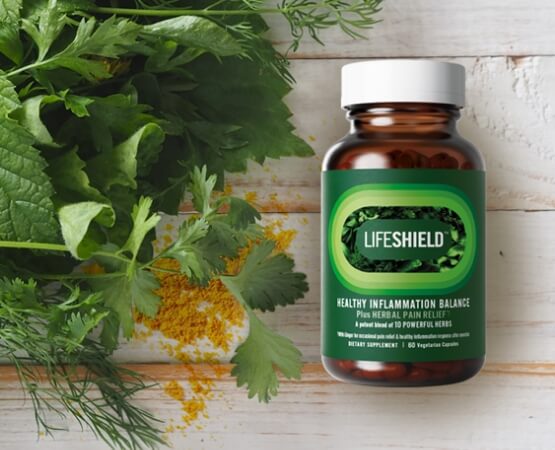
Signs you might have Whole-body Inflammation
Disclaimer: Keep in mind, we are not doctors and we don’t pretend to be doctors. If you have questions or are experiencing any of the below, we highly encourage you to seek out professional medical help & advice. This is just meant to act as a starting point, by giving you some basic information about whole-body inflammation and the potential warning signs.
It’s important to note that a doctor and certain medical tests can provide the most accurate assessment of whole-body inflammation. Below are some signs you can look out for.
General fatigue / lack of energy

It is normal to feel tired after a long day, but an unhealthy inflammation response can leave you feeling exhausted for no apparent reason. The most likely reason? The immune system requires energy to perform its basic functions, but if it is working too hard, it will sap your body’s energy stores.
If your immune system is working too hard, it will sap your body’s energy stores
Rashes & Skin Issues (eg. psoriasis, eczema, rosacea)

Your skin is a highly sensitive body part and can reflect the state of your overall health. A lot of times the immune system might start attacking healthy skin cells, which can lead to rashes or skin conditions.
Low-grade, ongoing fever
Having a fever is a common sign of an acute viral infection, however, a sign of whole-body inflammation imbalance can be recurring fevers that leaves you running slightly hot all the time. This can get worse during flare-ups, resulting in all around malaise or fatigue
Ongoing Stomach and/or Abdominal Pain
Look for things like constant bloating, abdominal cramps, gas, constipation & loose stools
Consistently swollen lymph nodes:

Your lymph nodes are glands that play a role in fighting off bodily infections. They essentially act as filters to trap viruses, bacteria, fungi and other harmful microbes before they can spread throughout the body. The trapped microbes and buildup of lymph fluid causes the glands to actually swell up.
Lymph nodes exist throughout the body, but when they become swollen, they can be most noticeable along the sides of your neck, under your armpits and in your groin.
Lymph nodes that stay swollen overtime can be a sign your body is trying to fight an ongoing stressor of some kind
Other signs/signals
- Having difficulty getting & staying asleep
- Ongoing joint and/or muscle pain & stiffness
- Sadness / Social Withdrawal
- Loss of libido / sex drive
- Mouth sores
- Chest pain
- Experiencing pain regularly that is not attributable to a specific/acute injury
How to maintain/restore healthy inflammation balance?

So, what can you do about it? Well, you won’t be surprised, but maintaining a healthy & balanced lifestyle (diet, exercise, sleep) is very important for maintaining a healthy immune system and inflammation response. Many health experts recommend the Mediterranean Diet and encourage minimal alcohol consumption. Managing a healthy level of stress & physical exertion is also important (some stress is helpful, but being overly stressed for long periods of time is not)
For more information on steps you can take today, read our articles on foods and supplements that support healthy inflammation.





